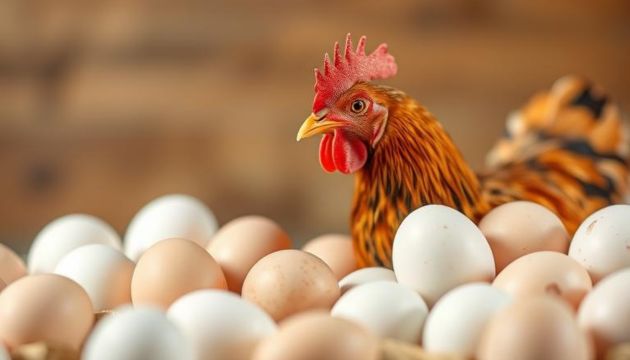Pakistani scientists from the Institute of Animal Science of the University of Agriculture Faisalabad have developed UniGold, a newly developed strain that lays more than 200 eggs a year, eats less, handles the heat, and thrives in backyard.
UniGold lays up to 212 eggs annually, compared to just 70-80 from regular native hens. The new strain was bred to suit the realities of rural Pakistan with low feed availability, hot weather, and limited infrastructure.
Strengthening rural incomes
As Pakistan grapples with rising food costs and continued dependence on imported poultry breeds, UniGold provides a homegrown solution to shortage of poultry products in Pakistan.
The breakthrough promises to strengthen rural incomes, empower women, and boost national food security. It is also great news for women in agriculture, who are often the caretakers of backyard poultry.
Funded by the Punjab Agricultural Research Board, the UniGold project is a strategic effort to decrease Pakistan’s reliance on imported poultry stock.
About the new strain
UniGold hens reach laying maturity by 25-26 weeks and achieve peak productivity rates of up to 83.2% by 32 weeks of age.
Each egg weighs an average of 52g – around 25% more than those from native hens.
Rural poultry accounts for about 36% of Pakistan’s total egg production, with women playing a central role in its management.
The higher yield from UniGold could significantly improve household nutrition and incomes, especially among landless farmers and vulnerable rural communities.
Expansion
The University of Agriculture Faisalabad plans to expand the reach of this breakthrough through the establishment of an Indigenous Chicken Research and Development Centre.
The initiative aims to mass-produce and distribute UniGold chickens to farmers across Pakistan.

